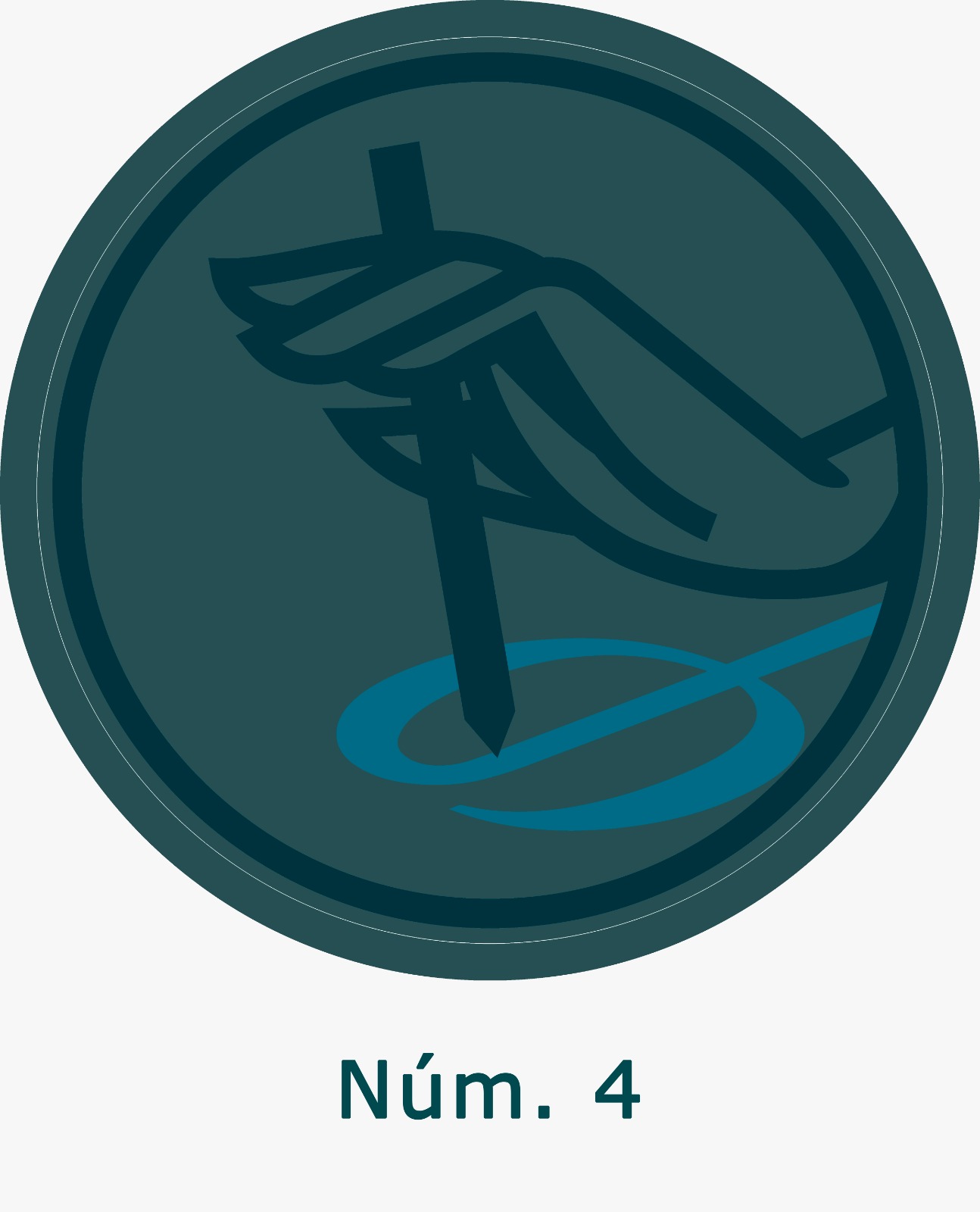Belén Cornejo Pérez
https://orcid.org/0009-0000-1591-2457
Heidelberg Center para América Latina, Santiago de Chile.
Palabras clave: Platón, Sócrates, definiciones, casos, André Jolles.
Keywords: Plato, Socrates, definitions, cases, André Jolles.
Resumen
En este artículo se pretende mostrar bajo qué perspectiva surge el siguiente problema para la interpretación del Eutifrón, del Laques, y del Cármides: ¿en qué sentido ciertas preguntas, que Sócrates formula en términos de “¿qué es…?”, son discutidas “a la luz de casos” en cada uno de estos diálogos? Para mostrar que esta interrogante es un problema, se justifican los tres criterios que rigen la selección del Eutifrón, del Laques, y del Cármides, para investigar esta investigación. Estos criterios son: (i) los diálogos suelen ser considerados como “diálogos de definición”, (ii) los diálogos suelen ser citados en discusiones a favor o en contra de “la falacia socrática”, (iii) se asume que en los diálogos se presentan casos. En la primera sección del artículo se muestra que, cierta manera de interpretar a estos tres diálogos como “diálogos de definición” tiene un problema, y que ese problema persiste en las interpretaciones de quienes discuten “la falacia socrática”. En la segunda sección se sugiere cierta manera de entender que, en los diálogos en cuestión, se presentan “casos”, aplicando el concepto de caso esbozado por André Jolles en su obra Einfache Formen. Por último, se defiende que, investigando si los casos de cada uno de los diálogos son “casos” en el sentido sugerido, se puede avanzar en una interpretación de estos textos más precisa que las interpretaciones consideradas en la primera sección.
Abstract
In this paper, it is intended to show under what perspective the following problem arises for the interpretation of the Euthyphro, the Laches, and the Charmides: in what sense are certain questions, which Socrates asks in terms of «what is…?» discussed «in the light of cases» in each of these dialogues? To show that this is a problem, I expose and justify the three criteria governing the selection of the Euthyphro, the Laches, and the Charmides for this research. These criteria are: (i) dialogues are often regarded as «definitional dialogues», (ii) the dialogues are often cited in discussions for or against «the Socratic fallacy”, (iii) it is assumed that cases are presented in the dialogues. In the first section of the paper, it exposes that there is a problem with a certain way of interpreting these three dialogues as «dialogues of definition», and that this problem persists in the interpretations of those who discuss «the Socratic fallacy». In the second section it suggests some way of understanding that, in the dialogues in question, «cases» are presented, applying the concept of case outlined by André Jolles in his work Einfache Formen. Finally, it is argued that, by investigating whether the cases in each of the dialogues are «cases» in the sense suggested, we can advance a more precise interpretation of these texts than the interpretation considered in the first section.

2022-12-25
Artículos
Derechos de autor 2022 Belén Cornejo Pérez
Esta obra está bajo una licencia internacional Creative Commons Atribución-NoComercial-SinDerivadas 4.0.